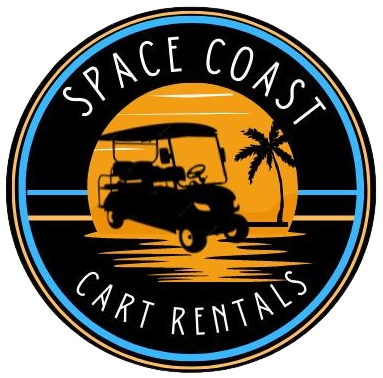
What’s the difference between Elderly Transportation vs. Ride-Share Services?
Elderly Transportation vs. Ride-Share Services: What’s the Difference?
When it comes to getting seniors where they need to go, families today are faced with more choices than ever before. Ride-share apps like Uber and Lyft are often seen as convenient options, but they’re not always the best fit for older adults, especially those with mobility issues, medical needs, or a desire for dependable, compassionate care.
In this article, we explore the key differences between elderly transportation services and ride-share platforms, and why the right service can make all the difference in your loved one’s safety, comfort, and independence.
1. Purpose and Specialization
Ride-Share:
Apps like Uber and Lyft are built for the general public. They prioritize convenience and speed, aiming to get users from point A to point B as quickly as possible. Drivers typically receive limited training and are not equipped to assist passengers with special needs.
Elderly Transportation Services:
Senior-focused transport providers are designed with older adults in mind. These services cater specifically to seniors, those with disabilities, or individuals needing help to appointments, errands, or social outings. Drivers are trained to assist with mobility devices, door-to-door service, and personalized care.
2. Assistance and Accessibility
Ride-Share:
Most ride-share drivers are not trained to provide physical assistance. Vehicles may not be wheelchair accessible, and the pickup/drop-off process can be impersonal or rushed.
Elderly Transportation:
Professional senior transport companies offer trained staff who understand the needs of older passengers. They help with getting in and out of vehicles, offer escort services into buildings, and ensure the trip is as safe and stress-free as possible. Many vehicles are ADA-compliant and equipped for walkers, wheelchairs, and oxygen tanks.
3. Reliability and Safety
Ride-Share:
While ride-share drivers are background-checked, the system can feel unpredictable. You never know exactly who your driver will be or how experienced they are with seniors.
Elderly Transportation:
Transport companies serving seniors often build long-term relationships with their clients and families. You’ll get consistent drivers who know your preferences and medical needs. Vehicles are regularly inspected, and companies prioritize reliability, cleanliness, and safety.
4. Scheduling and Communication
Ride-Share:
Most ride-share services operate on-demand. While that’s convenient, it may not work well for seniors who need to plan ahead or communicate special instructions.
Elderly Transportation:
Senior transport companies allow for advance scheduling, recurring appointments, and direct communication. Many even coordinate with caregivers or medical providers to ensure timely and accurate service.
5. Peace of Mind for Families
Perhaps the biggest difference of all is peace of mind. With elderly transportation services, families know their loved ones are being cared for by professionals who specialize in senior mobility and dignity. You’re not just booking a ride—you’re ensuring safety, comfort, and respect.
While ride-share apps may be a good fit for quick trips or tech-savvy seniors, elderly transportation services offer a level of care and reliability that generic ride services simply can’t match.
If you’re looking for a safer, more compassionate option for yourself or a loved one, consider booking with a professional elderly transportation provider. It’s more than a ride—it’s a service built on trust.



No Comments